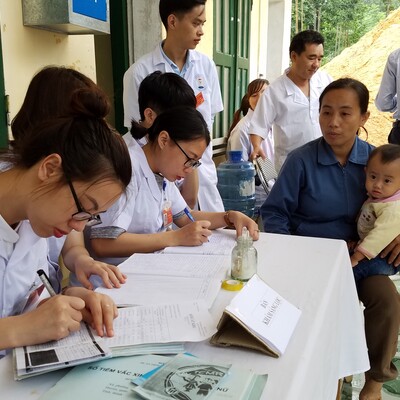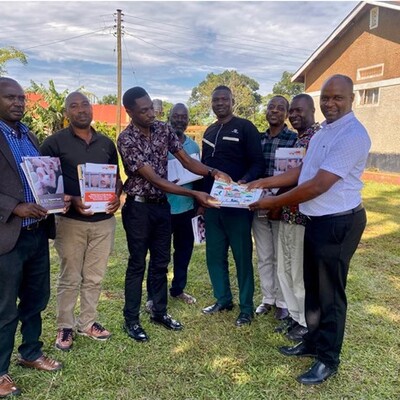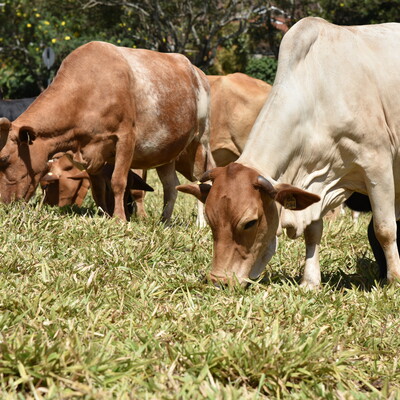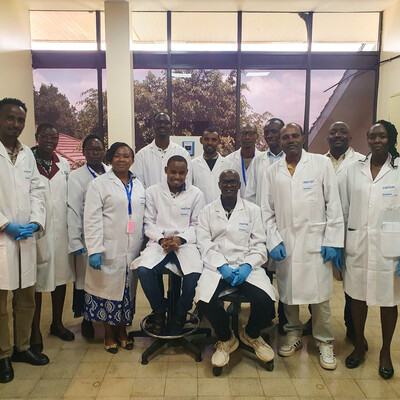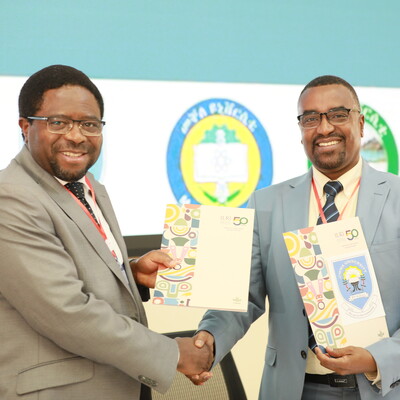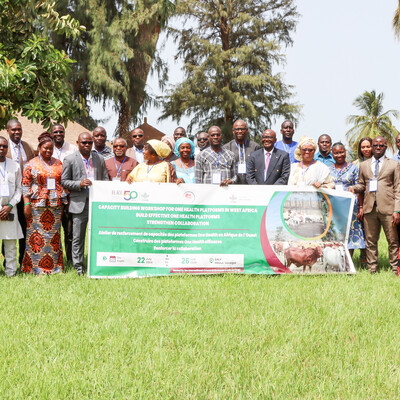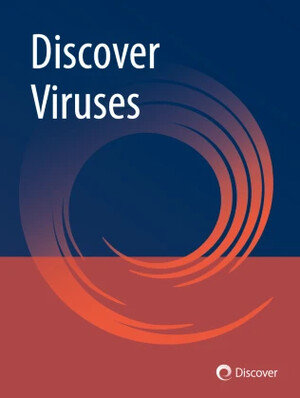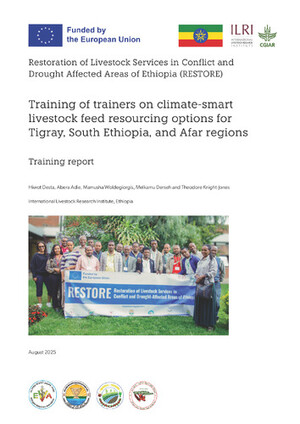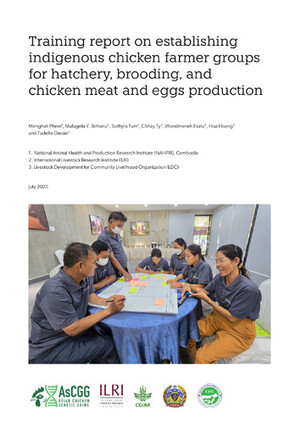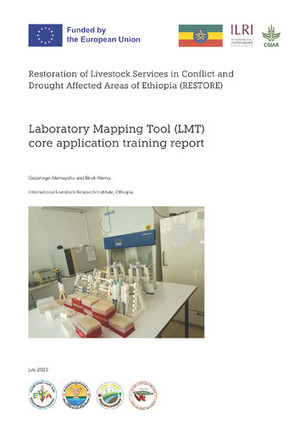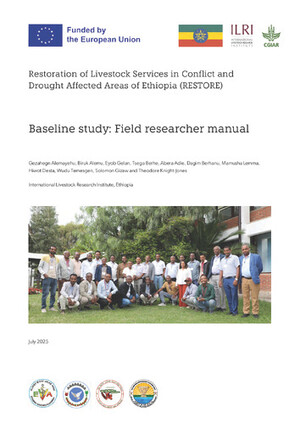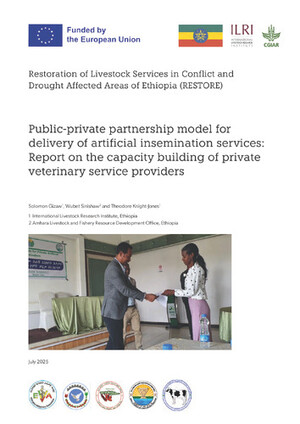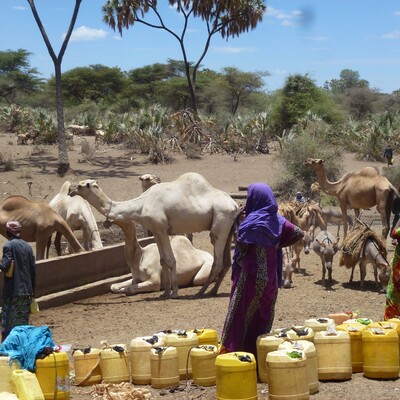
CapDev poster named best in class
Wellington Ekaya, head of capacity development at ILRI, attended the Tropentag 2021 online conference to discuss the emerging impacts of ILRI’s CapDev Grand Challenge. His poster presentation was awarded the Tropentag 2021 poster award, in recognition of the success and future potential of the Challenge. (The full poster can be viewed here.)
Judith Ann-Francis, the 2020/21 Challenge Chief Judge during the Award Ceremony in March, 2021, had this to say: “Apart from helping to raise the profile of science and its importance in solving societal challenges, COVID-19 has reaffirmed that we require collective action involving governments, civil society, the academic/scientific community, private sector and financiers, if we are to successfully transform food systems for the benefit of all. We also need to build trusting relationships with other scientists and key stakeholders including the media to succeed in our efforts to position and keep science at the forefront of development challenges.”
First launched in 2019, ILRI’s CapDev Grand Challenge is a 12-month process that seeks to boost soft skills and systems thinking in early career researchers from across Africa as well as East, South and Southeast Asia. The Challenge focuses on research pitching, soft skills training, mentorship by renowned global leaders, application of acquired skills in the workplace and participation in international events. Impact is tracked throughout the process using interviews, online surveys, reflection workshops and participant testimonials.
Ekaya’s presentation highlighted the success ILRI’s CapDev Grand Challenge has achieved in a relatively short period of time – 18 months. The vast majority of the program’s participants strongly agree that it strengthened their ability to communicate science to non-technical audiences, improved their effectiveness in engaging with people outside of their own discipline, enhanced their understanding of impact pathways in research and bolstered their ability to influence decision-makers. With these new skills in hand, researchers leave the program equipped and motivated to attain leadership roles in research.
Based on these results, Ekaya concluded his presentation with the inspiring message that ILRI’s CapDev Grand Challenge is successfully cultivating the next generation of livestock researchers, who are both systems thinkers and effective science communicators. ‘They are able to contribute not just new research evidence, but also to development outcomes by deploying scientific evidence to influence decision-makers,’ says Ekaya. Additionally, the program is enhancing strategic outreach and fostering synergies and sustainability in complex livestock food systems. In an increasingly global and fast-changing world, the methods and approach at the heart of ILRI’s CapDev Grand Challenge can help to develop future research leaders capable of tackling the world’s greatest challenges. Added Ekaya: “I do not see the CapDev Grand Challenge just as an event on our ILRI annual calendar but as a long-term commitment for ensuring that early career researchers from national programs and beyond are prepared to meet and overcome challenges in the livestock sector in the medium- to long-term.”
Associated links:
• Four ILRI fellows attend World Food Prize symposium (virtually)
• Three ILRI fellows attend World One Health Congress (virtually)
• Twitter: Follow @Daniel_korir_ and #CapDevChallenge





